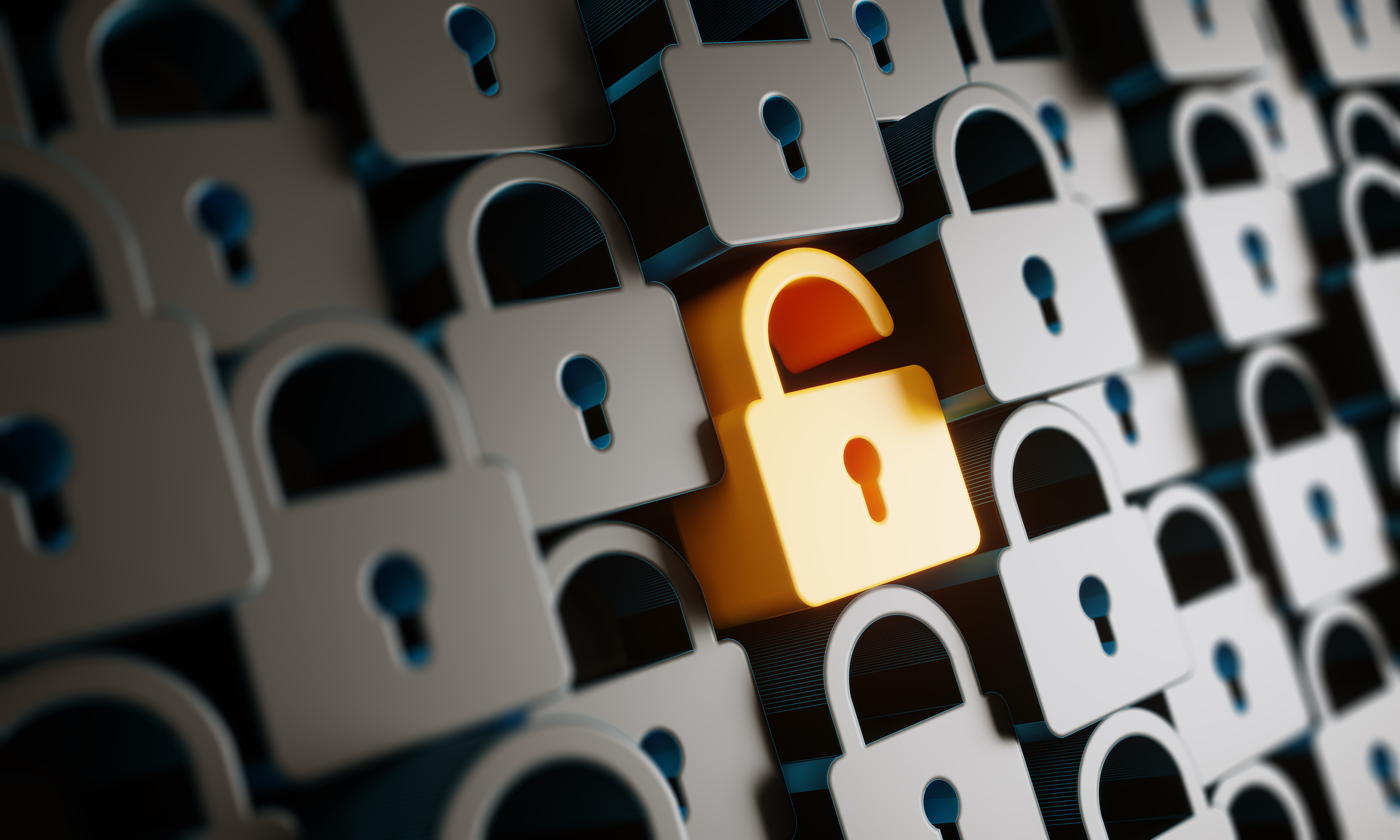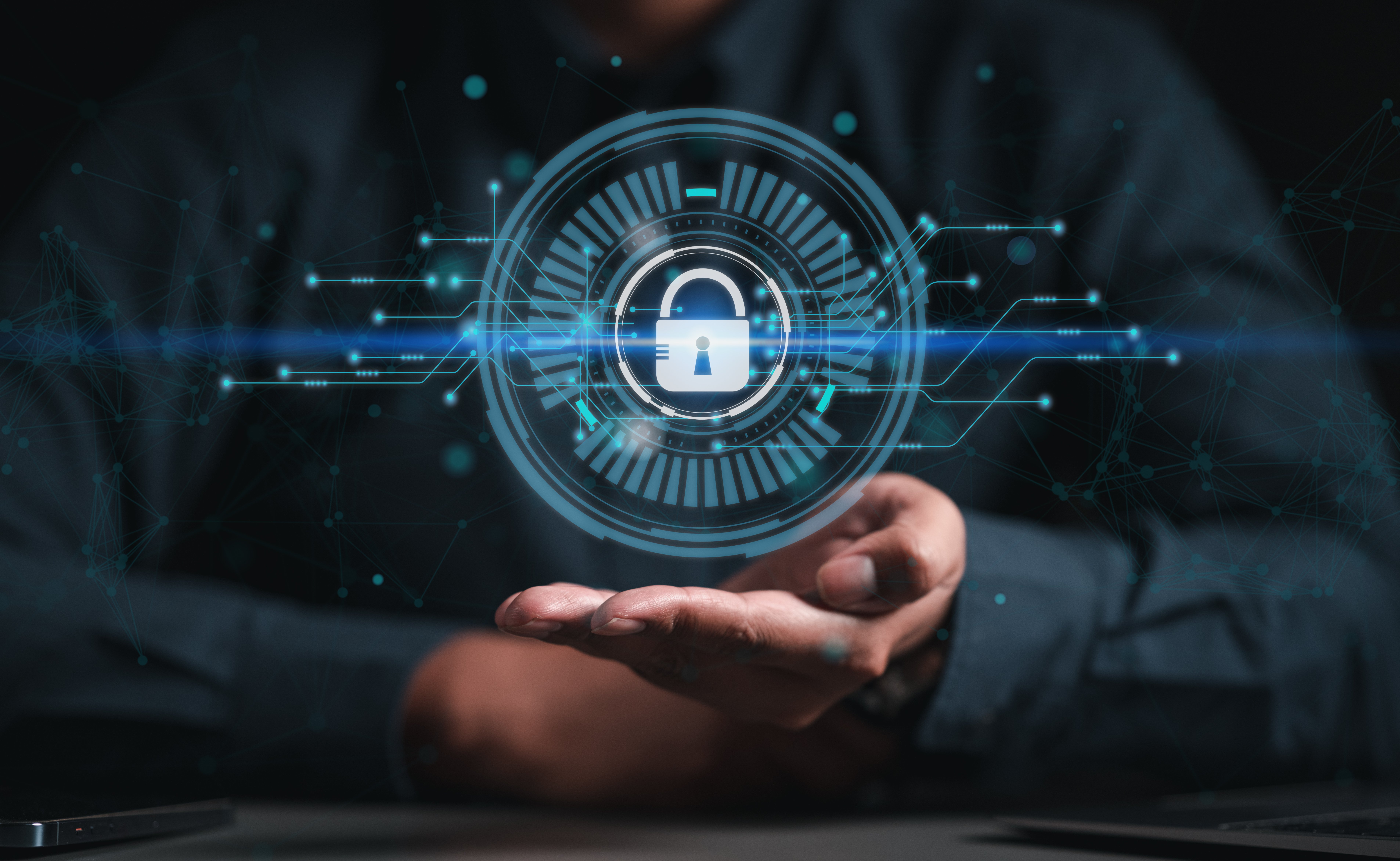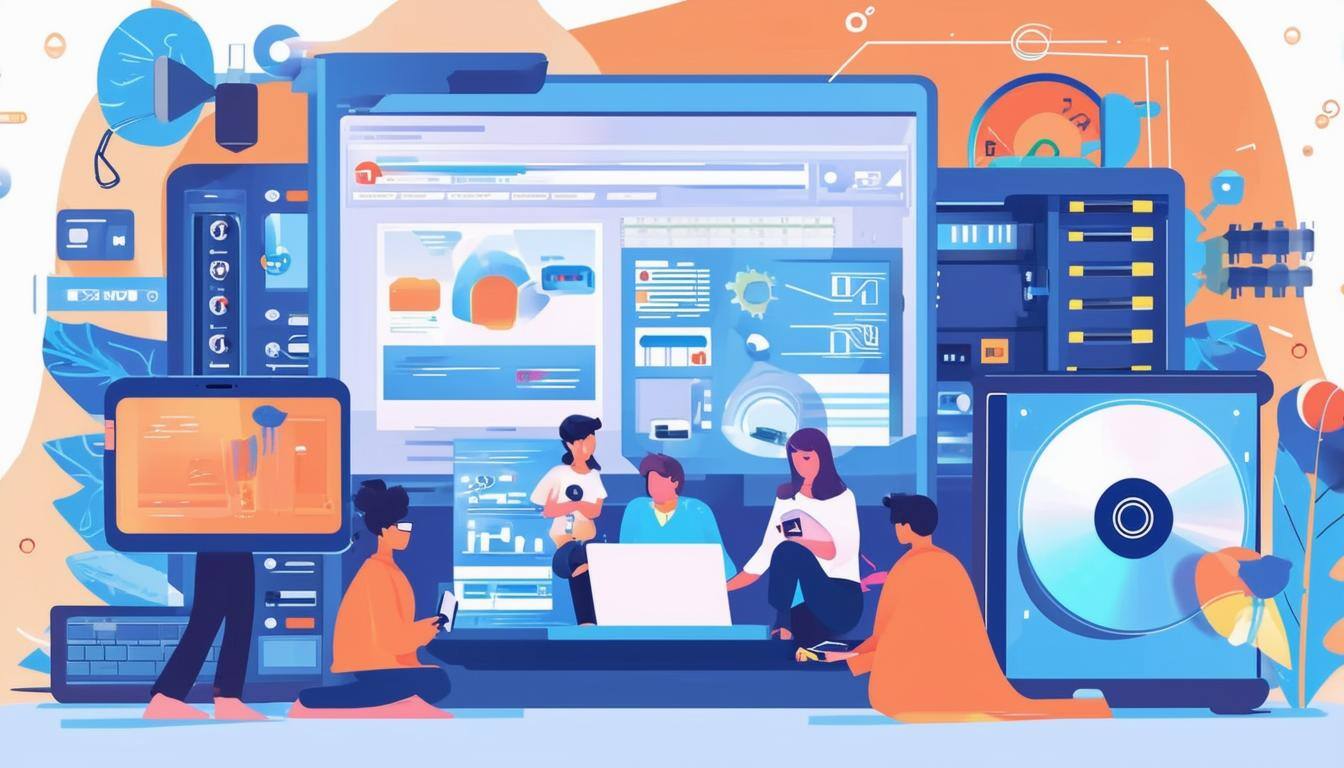Get Ahead of Technology: Modernize Your IT Infrastructure
Part Two
In Part One, we explored how aging systems quietly increase risk, limit innovation, and create friction across the business. The hidden ROI of modernizing legacy infrastructure spans from reduced operational costs to improved resilience and agility.
But recognizing the need to modernize is only the first step. For CTOs, the harder challenge is executing that modernization without destabilizing the systems the business depends on every day. Modernization itself is an architectural transformation, which means moving too quickly, sequencing changes poorly, or relying on short-term fixes can leave organizations with a more fragile environment than before.
Successful modernization happens when leaders ask the right questions early, plan deliberately, and bring in experienced partners who can translate strategy into execution.


-Jan-28-2026-12-22-03-6447-AM.png)









